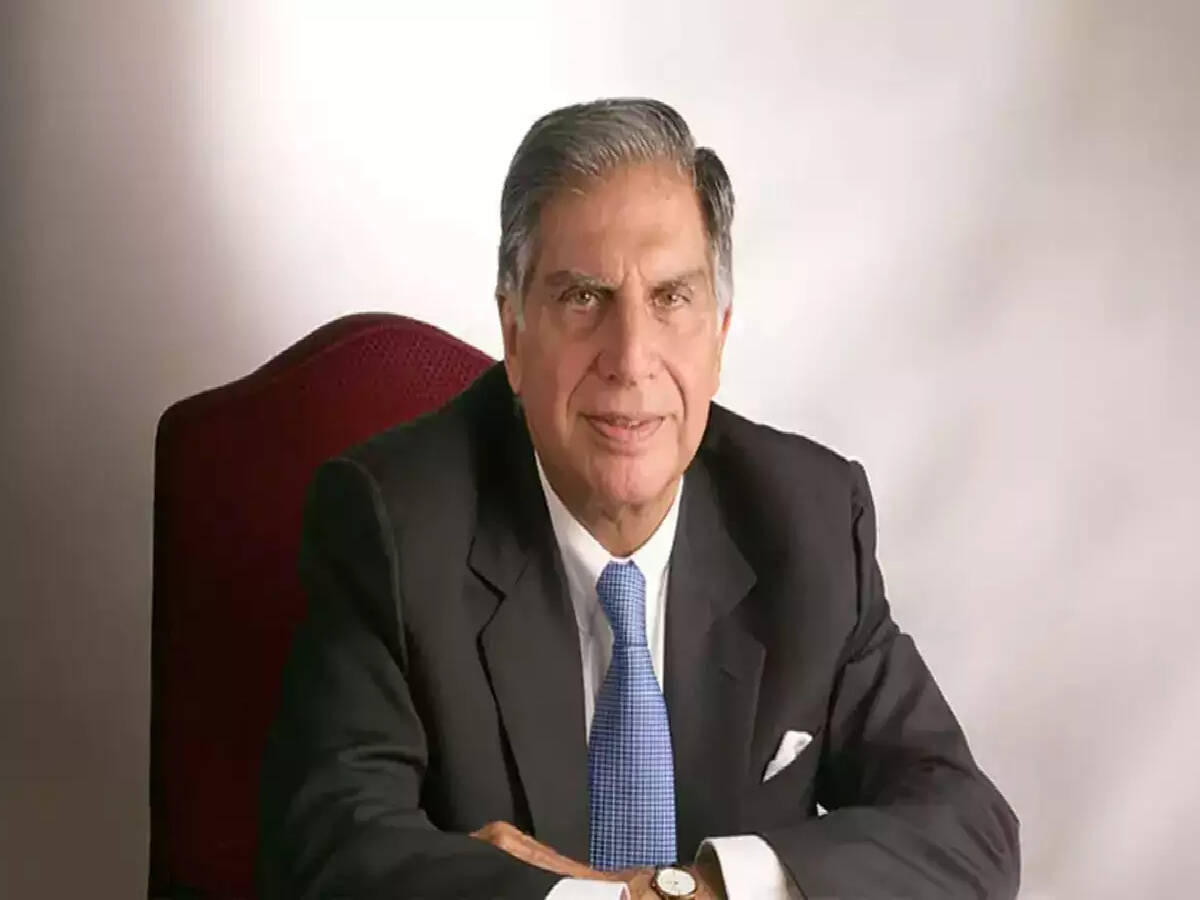
Ratan Tata’s journey: A timeline of transforming the Tata group
Ratan Naval Tata, a prominent figure in the Indian business landscape, made a lasting impact by transforming Tata Group into one of the most recognizable and trusted brands in the country. His leadership, vision, and commitment to social responsibility shaped not just the Tata Group but also the broader business ecosystem in India. Let’s explore the life and accomplishments of this extraordinary industrialist.
Early Life and Education
Born on December 28, 1937, into a family with a strong industrial background, Ratan Tata’s upbringing was marked by a strong focus on values and discipline. After completing his schooling, he left for the United States to study architecture and engineering at Cornell University. He later pursued the Advanced Management Program at Harvard Business School, further preparing himself for the challenges of leading a major conglomerate.

Early Career at Tata Group
Ratan Tata joined the Tata Group in 1962, working initially at Tata Steel in Jamshedpur, where he started his career on the shop floor. This hands-on experience gave him an intimate understanding of the company’s operations. Over the years, he held various positions across the group’s businesses, demonstrating his versatility and keen interest in learning the intricacies of multiple industries.
In 1971, he was appointed as the Director-in-Charge of National Radio & Electronics Company (NELCO), a struggling subsidiary of Tata Group at the time. Although he couldn’t fully turn around the company, this role taught him valuable lessons in leadership and managing crises.

Leadership and Vision
Ratan Tata’s real journey as a transformational leader began in 1991 when he took over as Chairman of Tata Sons, the holding company of Tata Group, succeeding JRD Tata. This was a pivotal moment for both Tata and India, as the country was beginning to embrace economic liberalization. Ratan Tata saw this as an opportunity to globalize the Tata Group and modernize its operations.
One of his first initiatives was to consolidate the many companies under the Tata umbrella. During the 1990s, Tata Group had over 100 companies, many of which operated in unrelated industries. Ratan Tata streamlined operations, reduced the number of companies, and focused on strengthening the core businesses, such as Tata Motors, Tata Steel, and Tata Consultancy Services (TCS).
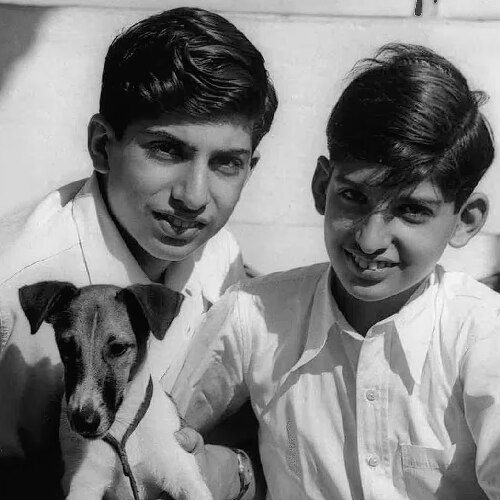
Global Expansion and Acquisitions
Under Ratan Tata’s leadership, the Tata Group began to think globally. In 2000, Tata Tea (now Tata Consumer Products) made headlines by acquiring Tetley, a British tea company. This marked the beginning of Tata’s global expansion. Following this, Tata Motors acquired the iconic British car brands Jaguar and Land Rover in 2008, a move that turned around the fortunes of the Indian automaker and proved Tata’s capability in managing international businesses.
Tata Steel also made a significant international acquisition by purchasing the Anglo-Dutch steel company Corus in 2007. These strategic acquisitions helped the Tata Group gain global recognition and expand its footprint across various industries.
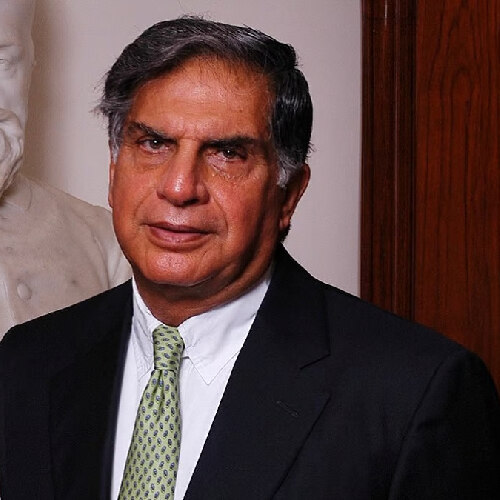
Tata Consultancy Services (TCS)
One of Ratan Tata’s most significant contributions was transforming Tata Consultancy Services (TCS) into a global leader in the IT services industry. TCS, which started as a small software company, grew under Tata’s leadership to become one of the world’s largest IT services firms. Today, TCS is a powerhouse in India’s IT sector, contributing significantly to the Tata Group’s revenue and standing as one of the most valuable companies in India.
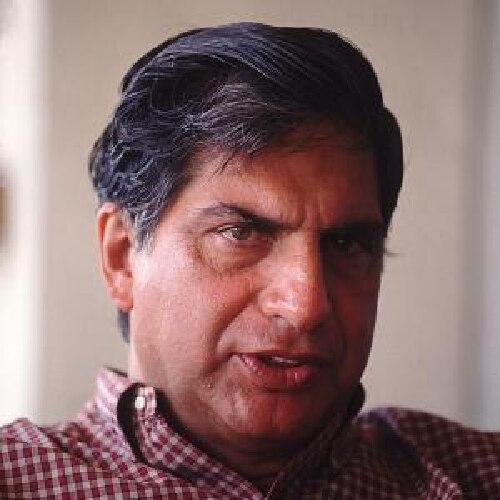
Tata Nano: Affordable Mobility
In 2008, Ratan Tata launched the Tata Nano, the world’s cheapest car, with the goal of providing affordable mobility to millions of Indians. While the Nano didn’t achieve the commercial success that Tata had hoped for, the project demonstrated his commitment to innovation and social responsibility. The car was an engineering marvel, and its price of ₹1 lakh ($2,000) made global headlines.
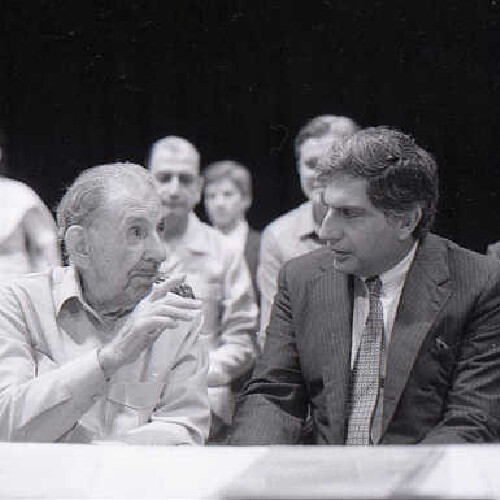
Ethical Leadership and Philanthropy
One of the defining features of Ratan Tata’s leadership was his adherence to ethical business practices. He often spoke about the importance of integrity in business and ensured that the Tata Group maintained its reputation for ethical conduct, even when it meant losing out on lucrative opportunities.
In addition to his business success, Ratan Tata was deeply committed to philanthropy. A significant portion of Tata Group’s profits is directed towards various charitable causes through the Tata Trusts, one of India’s largest philanthropic organizations. These initiatives focus on education, healthcare, and rural development, reflecting Ratan Tata’s belief in giving back to society.

Challenges and Controversies
Like any long career, Ratan Tata’s tenure wasn’t without challenges. One of the most notable was his conflict with the West Bengal government over the location of the Nano plant. After protests and political opposition, Tata had to shift the plant to Gujarat, a move that delayed production and increased costs. There were also internal challenges within the Tata Group, including differences of opinion with certain company directors.
Additionally, Tata faced resistance within the group when implementing his vision of streamlining the company and globalizing operations. Some senior leaders were reluctant to embrace change, but Tata’s determination and focus eventually paid off.

Legacy and Retirement
In 2012, after more than two decades as the Chairman of Tata Sons, Ratan Tata retired, passing the baton to his successor, Cyrus Mistry. However, his influence on the group and the broader Indian business community remains profound. Even in retirement, he continued to serve as Chairman Emeritus of Tata Sons and played an advisory role in the group’s strategic decisions.
Ratan Tata’s contributions to the Tata Group and India’s economy are immeasurable. He is widely regarded as a visionary leader who not only expanded the group’s business empire but also upheld its core values of trust, integrity, and social responsibility.
Ratan Tata transformed the Tata Group from a primarily India-focused conglomerate into a global powerhouse. His leadership was marked by a balance of business acumen and ethical responsibility, which made him a respected figure both in India and internationally. Even after his passing in October 2024, his legacy will continue to inspire future generations of entrepreneurs and leaders. Ratan Tata’s life exemplifies the power of vision, perseverance, and commitment to the greater good, leaving behind an indelible mark on India’s industrial and philanthropic landscape.
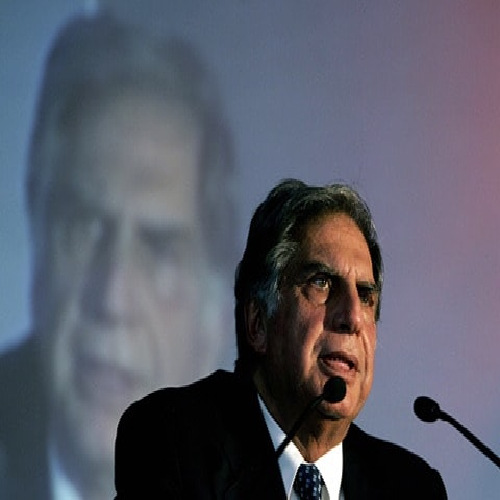
Read More: Is Prabhas getting married next year?












